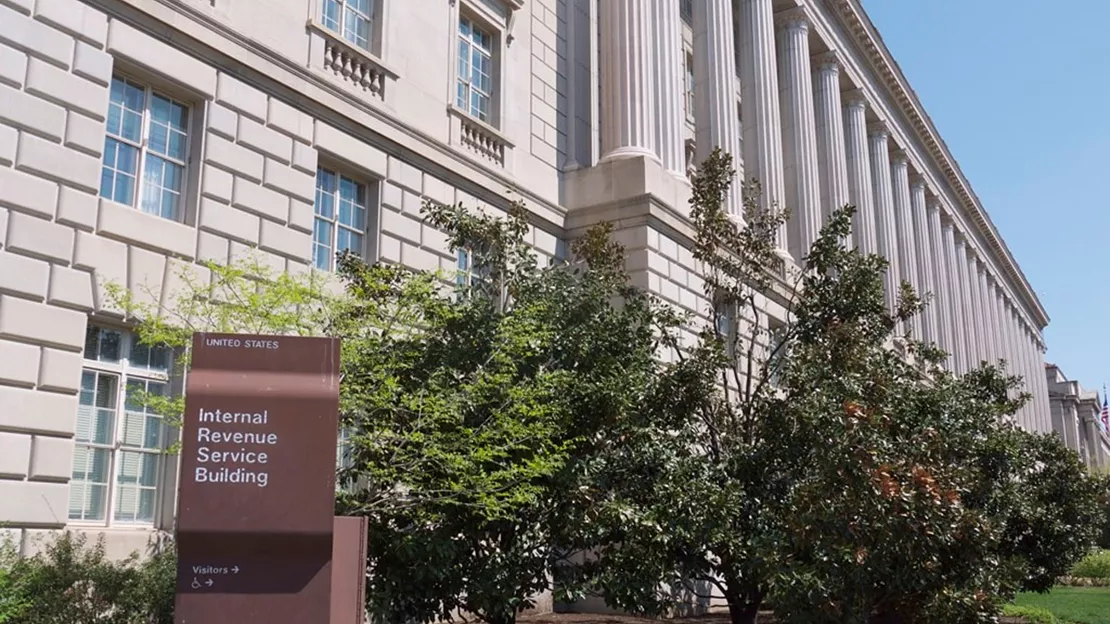Two OBBBA Tax Benefits You Cannot Ignore

Authored by: Brett Leibfried — Partner, CPA | Date Published: November 13, 2025
Featured Topics:
The New Tip Income Deduction
Starting with the 2025 tax year and running through 2028, eligible workers can now claim a federal income tax deduction for the tip income they receive. Here’s what you need to know:
Deduction Limits
Workers can deduct up to $25,000 in qualified tip income annually. However, this benefit begins to phase out once a taxpayer’s modified adjusted gross income exceeds $150,000 (or $300,000 for those filing jointly).
Who Qualifies?
The IRS has released a comprehensive list of occupations where tips are customary, and workers may claim this deduction. The list is quite extensive and includes:
- Restaurant servers and waitstaff
- Bartenders and chefs
- Casino dealers
- Musicians and performers
- Digital content creators
- Home maintenance and groundskeeping workers
- Plumbers
- Tour guides
- Private bus and charter boat operators
It’s worth noting that certain professions are explicitly excluded from this benefit, including those in:
- Health care
- Legal services
- Accounting
- Financial services
- Investment management
What Counts as Tips?
Qualified tips include gratuities received through any payment method (cash, credit card, electronic payment), as well as amounts distributed through tip-sharing or tip-pooling arrangements.
Understanding the Overtime Income Deduction
OBBBA also created a temporary deduction for overtime pay. This provision runs parallel to the tip deduction from 2025 through 2028.
Deduction Amounts
Individual taxpayers can deduct up to $12,500 in qualified overtime income, while married couples filing jointly can deduct up to $25,000. Like the tip deduction, this benefit phases out at MAGI levels above $150,000 ($300,000 for joint filers).
What Qualifies?
Only overtime compensation required under Section 7 of the Fair Labor Standards Act (FLSA) counts as qualified overtime. Here’s where it gets specific, if you’re earning time-and-a-half overtime, only the premium portion (the extra half) qualifies for the deduction.
Let’s look at an example:
If an employee makes $20 per hour working their standard 40-hour week and then works 10 hours of overtime, they’d earn $30 per hour for those overtime hours. Only the $10 premium per hour (the difference between their regular $20 rate and the $30 overtime rate) counts toward the deduction. In this scenario, the deductible would be $100 for that week.
Important Exclusions
Overtime premiums required by state law or union contracts (but not by federal FLSA rules) don’t qualify. Additionally, any income already counted as tip income cannot be claimed as overtime income for this deduction.
Key Points for Employers and Employees
These are deductions, not exclusions. Despite some early characterization as “no tax on tips” or “no tax on overtime,” these are actually limited deductions against federal income tax. This distinction matters because:
- Federal payroll taxes (Social Security and Medicare) still apply to all tip and overtime income
- Federal income tax withholding continues as usual
- State and local income taxes may still apply to the full amount
- Only the federal income tax liability is potentially reduced
Both deductions are available regardless of whether you itemize or take the standard deduction.
What This Means for Payroll
At MBE CPAs, we’re advising our clients that proper tracking and reporting will be crucial. Employers and payroll providers need to accurately identify and report qualified tip income and qualified overtime amounts so employees can claim their rightful deductions.
We recommend implementing systems now to track these amounts retroactively from January 1, 2025 (when the law became effective) through the July 4th enactment date.
Important Update on Forms
The IRS has confirmed that there will be no changes to federal tax forms, payroll tax returns, or withholding tables for 2025. The agency made this decision to avoid disrupting the current filing season and to allow adequate time for everyone (IRS, businesses, and tax professionals) to implement the changes properly. We anticipate that W-2s, 1099s, Form 941, and other payroll forms will be updated for the 2026 tax year to accommodate reporting of qualified tip and overtime income. The IRS has indicated they’ll provide transition guidance for 2025.

IRS Penalty Relief for 2025 Tax Year
In recognition of the challenges employers face implementing these new requirements mid-year, the IRS has announced penalty relief for the 2025 tax year. Employers won’t face penalties for failing to separately report qualified tips or overtime compensation, provided they otherwise file complete and correct information returns.
While not required to receive penalty relief, employers are encouraged to provide this information to employees through alternative means such as online portals, separate written statements, or (for overtime) in Box 14 of Form W-2. This will help employees claim their rightful deductions when filing their 2025 returns.
How MBE CPAs Can Help
These new provisions add another layer of complexity to federal tax compliance. Our team at MBE CPAs is here to help you navigate these changes, whether you’re an employer trying to ensure compliance or an employee wanting to maximize your deductions.
If you have questions about how OBBBA affects your specific situation, reach out to us today. We’re committed to keeping you informed and want to help you take full advantage of the tax benefits available to you.
